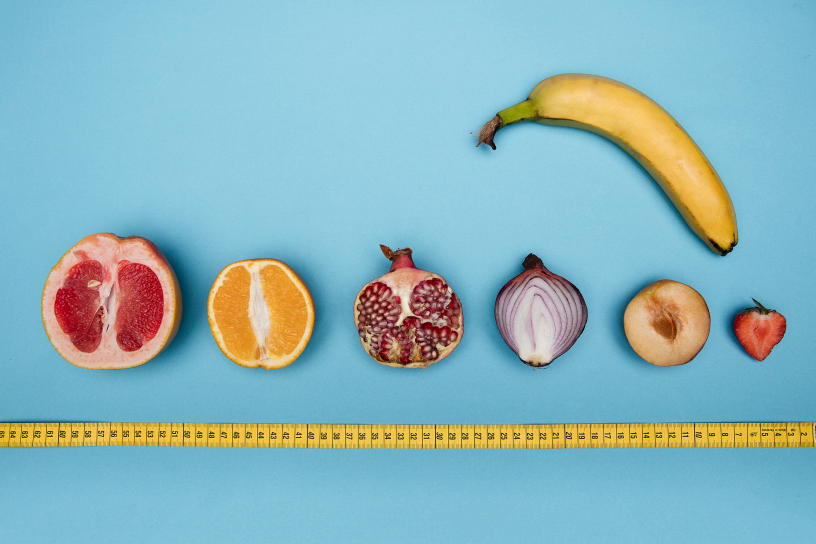Heart Research UK Healthy Heart Tip, written by the Health Promotion and Education Team at Heart Research UK
Enjoying the sun with your friends and family can often mean overindulging on barbecue foods that are high in salt and saturated fats.
This will increase both your blood pressure and LDL (bad) cholesterol levels, putting an increased strain on your heart and arteries. Choosing healthier food options means that you can continue to enjoy the barbecue season without having to worry about your heart health.
On average people in the UK have over 10 barbecue’s a year, this gives you plenty of time to experiment with new foods and flavours whilst still meeting your health goals.
National barbecue week is running from 27th May to 2nd June, so here are some tips to help you have a healthier barbecue.
Add fruit and vegetables:
By adding fruit and vegetables to your barbeque spread, you’re increasing the amount of fibre you’re eating. This will help to lower your LDL (bad) cholesterol levels and your blood pressure, as well as helping you to reach your five a day.
You could make a vibrant mixed salad to have on the side, or add mushrooms, courgettes, tomatoes, onions and peppers to a skewer and pop it on the grill. These are simple ways you can add more vegetables to your barbecue.
For a tasty dessert, you could add fruit such as pineapple to the grill. It gives it a delicious, caramelised flavour, which is great served with fat-free frozen yoghurt.
Add wholegrains:
Why not add wholegrain bread or pitta breads as options for your barbecue? These are full of fibre and great for your cholesterol and blood pressure. You could pop your breads onto the grill for a crunchier texture and to add some more flavour.
You could also mix wholegrain couscous with dried fruit, nuts, vegetables, or herbs and spices for a tasty and healthy fibre-rich side dish.
Choose a healthier protein source :
Often at barbecue’s meats that are high in saturated fats are used such as beef burgers or sausages. Saturated fat increases your LDL (bad) cholesterol levels and can be detrimental to your heart health.
Choose leaner protein sources such as chicken breasts or tofu, or if you’re wanting to stick to a more traditional style barbecue then why not choose turkey burgers or chicken sausages. These contain less saturated fat and are better for your heart, however, make sure you check the food labels as some of these may be high in salt.
Why not add some fish to your barbecue? Salmon tastes great when it’s put on the grill with some lemon and it’s full of omega-3 fatty acids, which helps to keep your cholesterol levels healthy.
Choose lower salt & sugar sauces and dips:
When thinking about what sauces and dips you want to compliment your barbecue dishes, make sure you take into consideration their salt and sugar content. Many ready-made sauces and dips have added salt and sugar so make sure you pick the reduced salt and sugar versions with green traffic light food labels. Alternatively, you could make your own using fat-free Greek or natural yoghurt mixed with herbs and spices.
Watch your portion sizes:
It is easy to overindulge at a barbecue, especially if it is spread out over the course of a day or evening. Try and be mindful about how much you are eating and recognise when you’re feeling full. If you are grazing throughout the day or evening then try to eat small amounts at a time, rather than having several platefuls.
If you are having one plateful then try to have a quarter of your plate full of lean protein, another quarter of wholegrain carbohydrates and the remaining half full of veggies.

